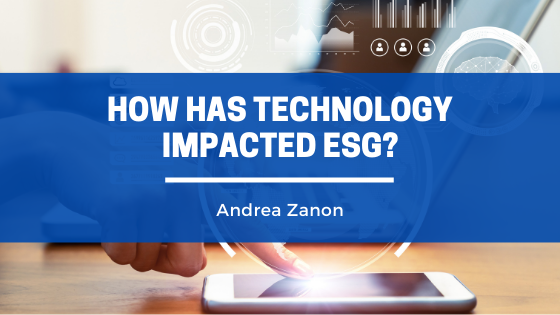Investors and individual companies are all taking a greater interest in environmental, social, and governance (ESG) issues. This involves modifying the way companies manage their operations, create value and manufacture their products. Investors look at these concerns to determine where their investments will do the most good to their employees, the environment and the communities. As technology improves and becomes more cost effective, new innovations will impact ESG efforts for manufacturers, their customers, and their investors.
Greater Ethical Consumerism
Consumers have already expressed greater concern about the ESG ethics of the brands that supply their products. In particular, consumers have taken a greater interest in how their electronic devices are manufactured. They want to ensure their phones, computers, and other devices are produced through sustainable manufacturing processes. In a recent survey, the vast majority of consumers said they would be willing to pay more for ethically manufactured electronics. The Ethic consumerism is also behind the massive divestment from those companies in the coal, oil and gas sectors which have a high negative impact on the environment. Since 2012, $ 15 trillion have been divested due to consumer pressure.
More Reliance on IoT Devices
Smart devices, formerly known as IoT technology, have entered every phase of human existence and decision making. Even in a small business, you’ll find sensors, scanners, and other devices that help those organizations operate more efficiently and sustainably. In 2022, the use of smart technology is expected to accelerate further as more ways are found of using smart devices to conserve energy and reduce waste. A longer term projection suggests the use of these devices will increase twofold over the next five years.
Changes in the Use of AI
Artificial intelligence has been evolving gradually over the past few years, and it’s now advanced enough to be useful in business. However, there are ESG concerns about the use of this technology in that AI-driven devices don’t take the human element into account. In particular, there is some concern that AI technology exhibits biases in implementation. As many as 64% of U.S. businesses are testing their AI-driven devices to ensure the use of this technology is ethically responsible. Businesses and the tech industry will work more closely together to ensure AI technology can be used to improve operations without adversely affecting ESG issues.
Overall, ESG concerns will more significantly impact how companies manage data in the future. Businesses will look for more eco-friendly ways to store and use data in their daily operations. This means technology will have to evolve alongside ESG compliance and disclosure. The coming year will see innovations that will give businesses greater access to green energy in addition to helping them meet higher ESG standards and scoring.

